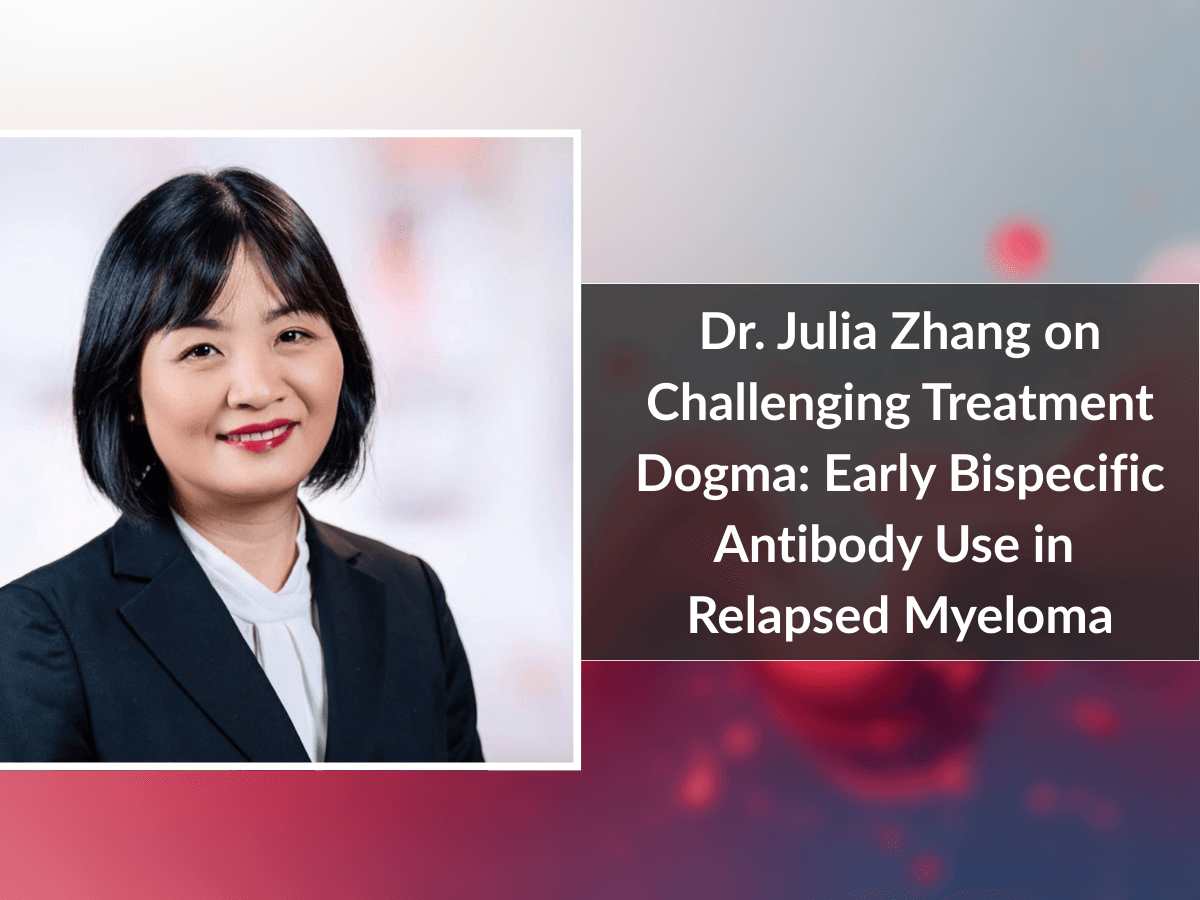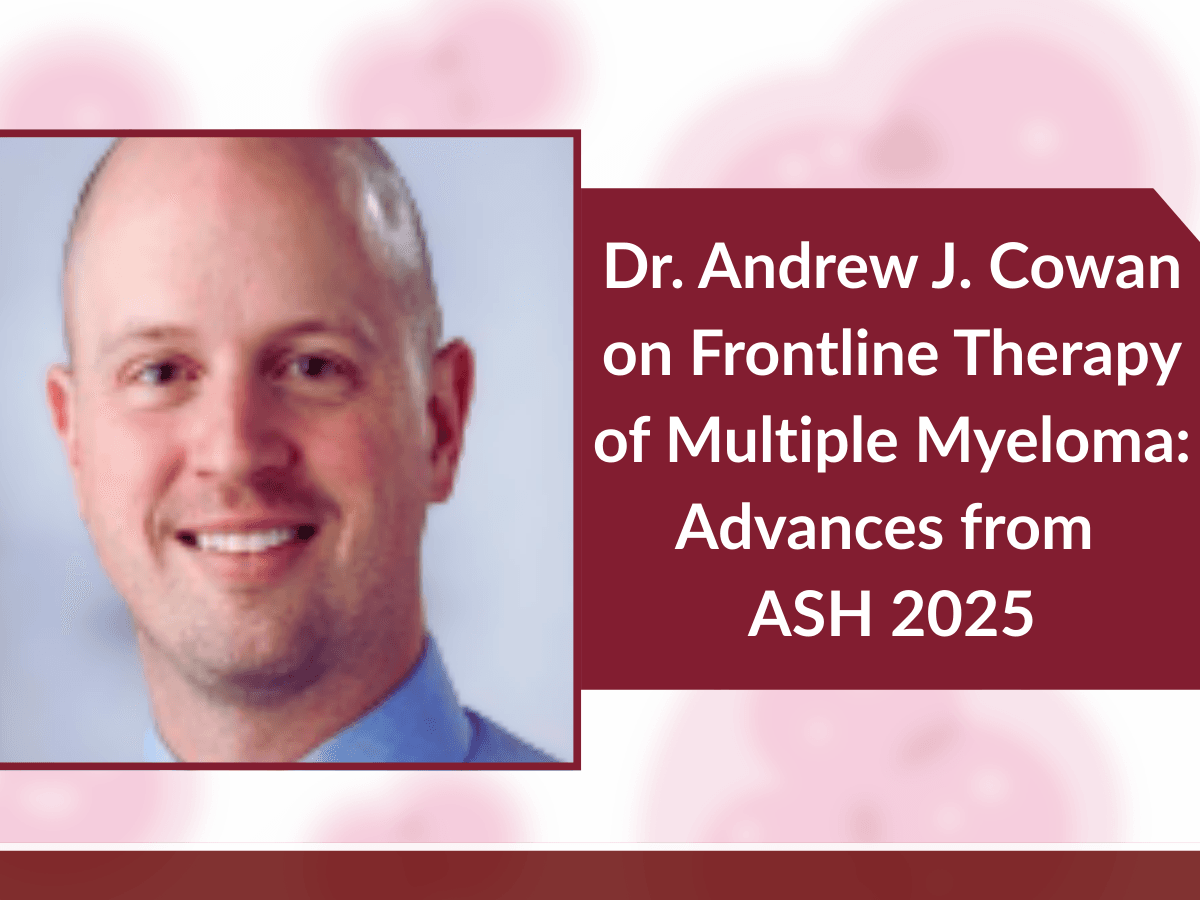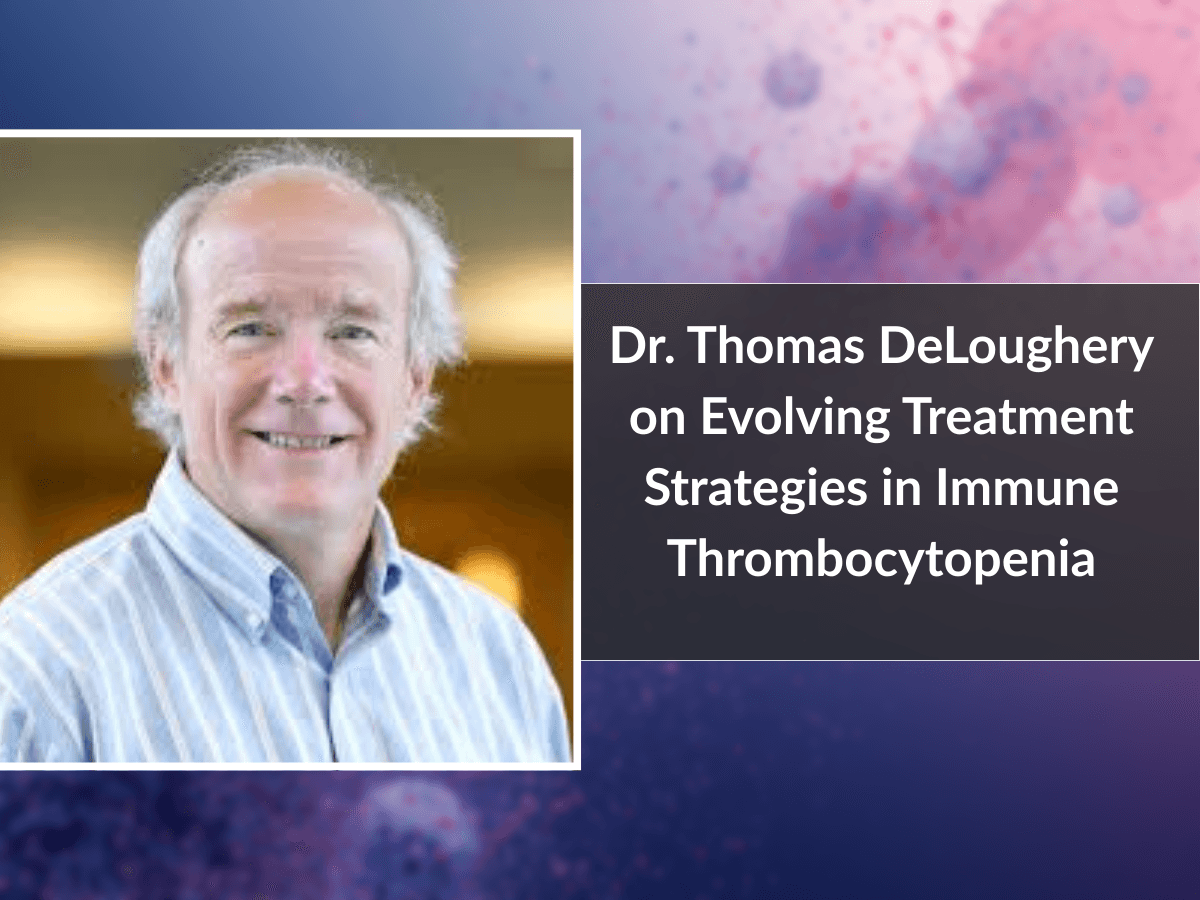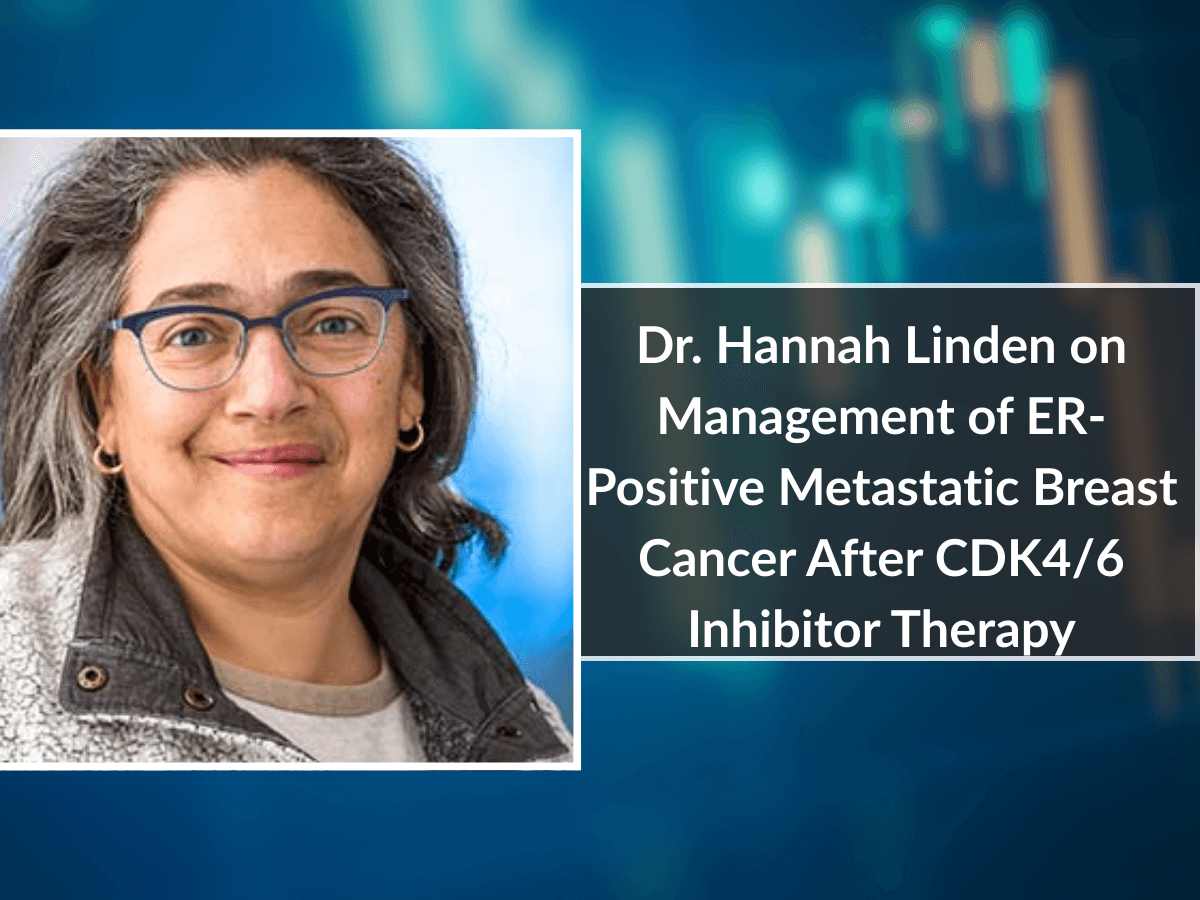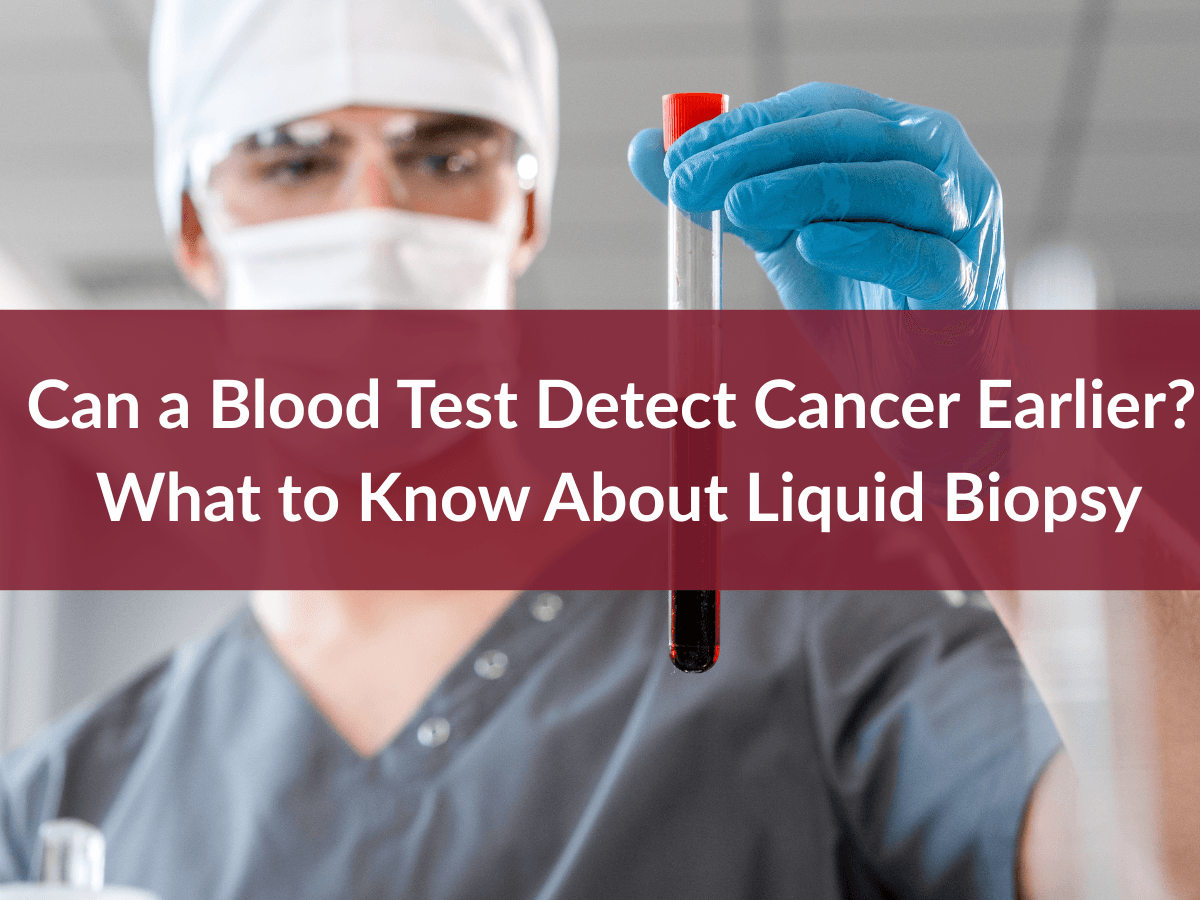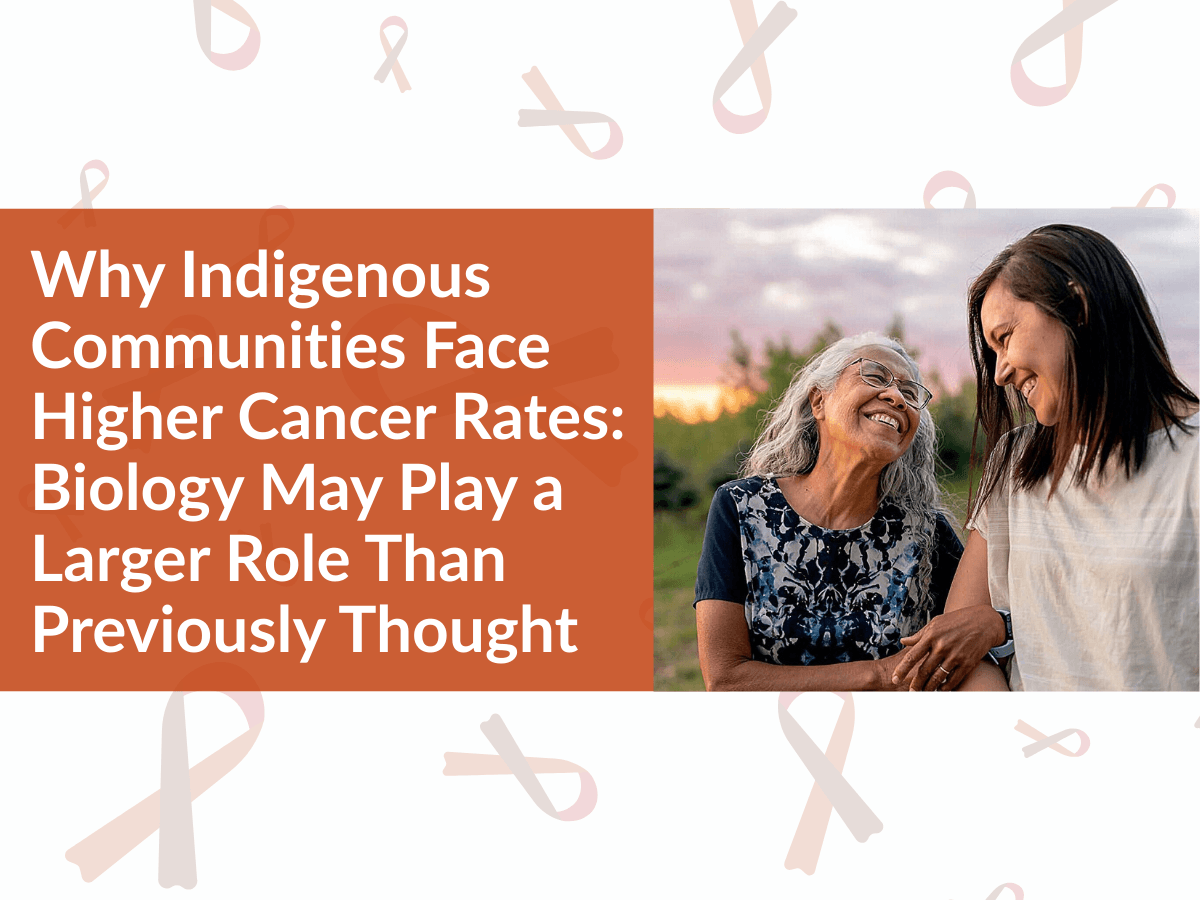
The Cancer News
AN AUTHORITATIVE RESOURCE FOR EVERYTHING ABOUT CANCER
$40 Test Could Save Lives: Researcher Cracks Code on Aggressive Leukemia Affecting One-Third of Asian Patients
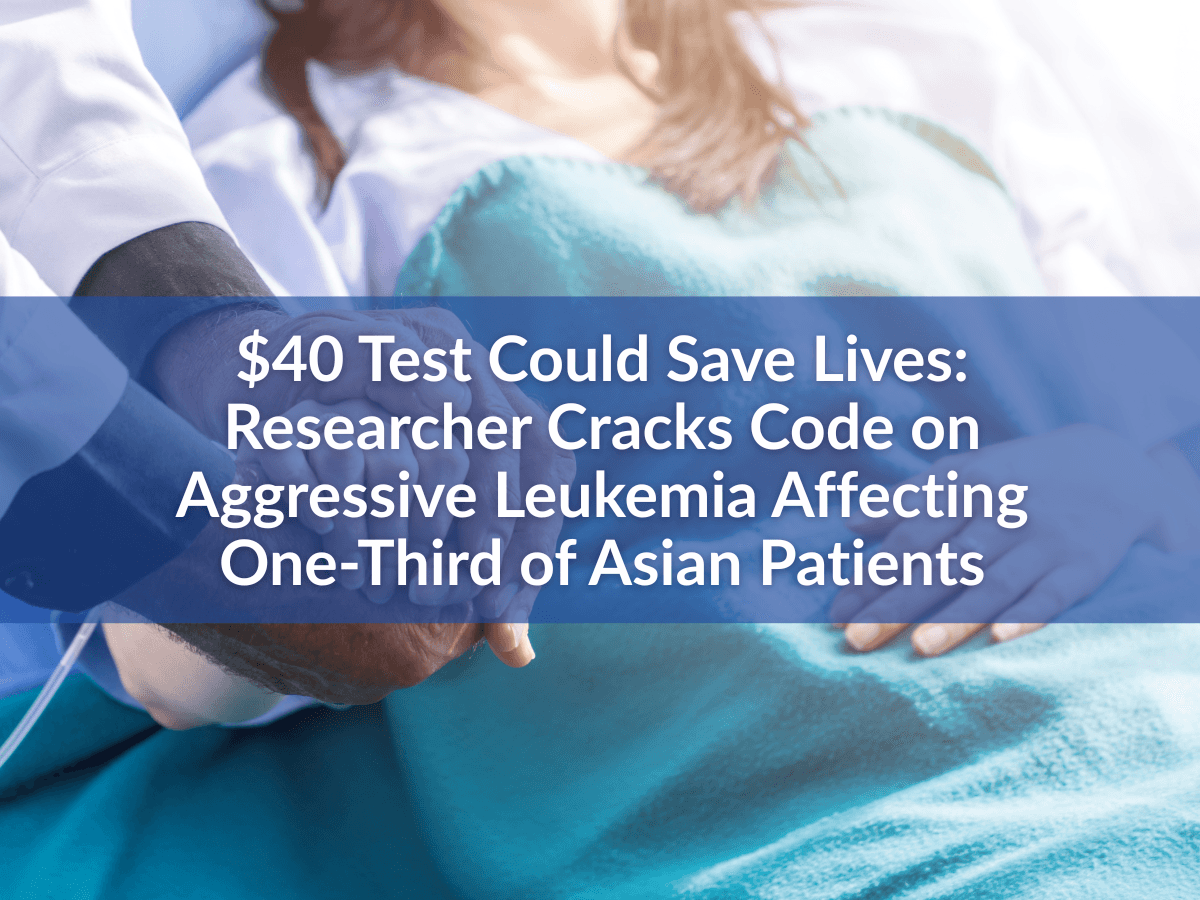
Dr. Dikshat Gupta, a postdoctoral scientist at the Department of Urology, Feinberg School of Medicine, Northwestern University, was one of four doctors selected to orally present their abstract at the 5th Binaytara Precision Oncology Summit. His abstract, titled "Ph-like ALL Exhibits Unique Hematological Features with CD36 Overexpression: A Diagnostic and Prognostic Analysis of 1,021 Indian Patients,” is now published in the International Journal of Cancer Care and Delivery.
Addressing a Critical Gap in Leukemia Diagnosis
Dr. Gupta's abstract focused on Philadelphia-like acute lymphoblastic leukemia (Ph-like ALL), a particularly aggressive genetic subtype of blood cancer officially recognized by the World Health Organization in 2016. In Asian populations, this subtype affects up to 33% of older patients, yet accurate diagnostic methods remain unavailable in the region.
"The biggest challenge in developing countries is cost," Dr. Gupta explains. "Patented methods used in the US or Europe are not commercially available for our patients, and we did not even know the true incidence of this subtype in our population."
The PHi-RACE Classifier: A Game-Changing Innovation
Under the mentorship of Prof.. Neelam Varma at the Post Graduate Institute of Medical Education and Research (PGIMER), Chandigarh, India. Dr. Gupta’s research team developed the PHi-RACE classifier. It is an algorithm that accurately detects Ph-like ALL by analyzing the expression of eight genes selected using statistical computing and machine learning. The novelty lies not only in its accuracy but also in its accessibility. The test costs approximately $40 per patient, compared to $2,000 for next-generation sequencing, currently used as the standard diagnostic method.
"We analyzed 1,021 B-ALL cases over seven years," Dr. Gupta notes. "Our team was the first research group in developing nations to delineate this particular genetic subtype in terms of incidence and characterization in the Asian population."
Novel Discovery: CD36 Overexpression
The research revealed a previously unreported finding: Ph-like ALL patients showed significant positivity for CD36, a transmembrane protein already implicated in various other advanced cancers, which is a promising target in Ph-like ALL for further validation. This discovery opens new avenues for understanding disease progression and developing targeted therapies.
"This CD36 positivity in Ph-like cases is very new," Dr. Gupta emphasizes. "We are now working to validate these findings in additional patient cohorts and explore the mechanistic basis through knockdown and overexpression studies."
Clinical Impact and Future Directions
The implications of this research extend far beyond diagnosis. Currently, Ph-like ALL patients in many Asian healthcare settings receive the same treatment as standard B-ALL patients, leading to high relapse rates. Dr. Gupta’s study demonstrated that over 40% of patients with Ph-like ALL relapsed, with a significant proportion exhibiting measurable residual disease (MRD) positivity as early as day 28 post-remission.
"Without proper identification at baseline, these patients are treated with the modified BFM (Berlin-Frankfurt-Münster) protocol, and many relapse," Dr. Gupta explains. "Our goal is to implement these diagnostic criteria at baseline, treat these patients with targeted regimens like ruxolitinib, already used in the US and Europe, and ultimately improve overall survival while avoiding expensive bone marrow transplants."
The long-term vision includes a comprehensive clinical study tracking separately treated Ph-like ALL patients over three to four years, demonstrating improved outcomes through early detection and tailored therapy.
"I spent seven years (2016-2023) characterizing this particular subtype," Dr. Gupta reflects. "The ultimate goal is simple: if a simple, affordable test can lead to the same results as expensive sequencing, why not make it available to everyone who needs it?"
Dr. Gupta’s vision represents a shift toward equitable, precision-based cancer care where innovation meets accessibility.
About Dr. Dikshat Gupta

Dr. Gupta earned his master's degree in Human Genomics from Panjab University, Chandigarh, India, before pursuing his PhD in hematological malignancies at the Post Graduate Institute of Medical Education and Research. His work has resulted in 12-13 publications specifically on Ph-like ALL cases, establishing him as a leading voice in this field. His work has earned him the Asia’s Best Researcher of the Year Award in Hematology/Genetic Subtypes of Leukemia/PROTACS for treatment of MLL-Rearranged Leukemia in 2024 and many national and international recognitions like Young Researcher Award, Prestigious Dr J.C. Patel, ASH Abstract Achievement Award, and PHi-RACE best innovation award (2020-2024).
At Feinberg School of Medicine, under the mentorship of Dr. Sarki A. Abdulkadir, Dr. Gupta continues to advance leukemia research, currently focusing on the development of PROTACs (proteolysis-targeting chimeras) for treating aggressive forms of leukemia. His work also extends to investigating the role of biology in both hematologic and solid tumors.
